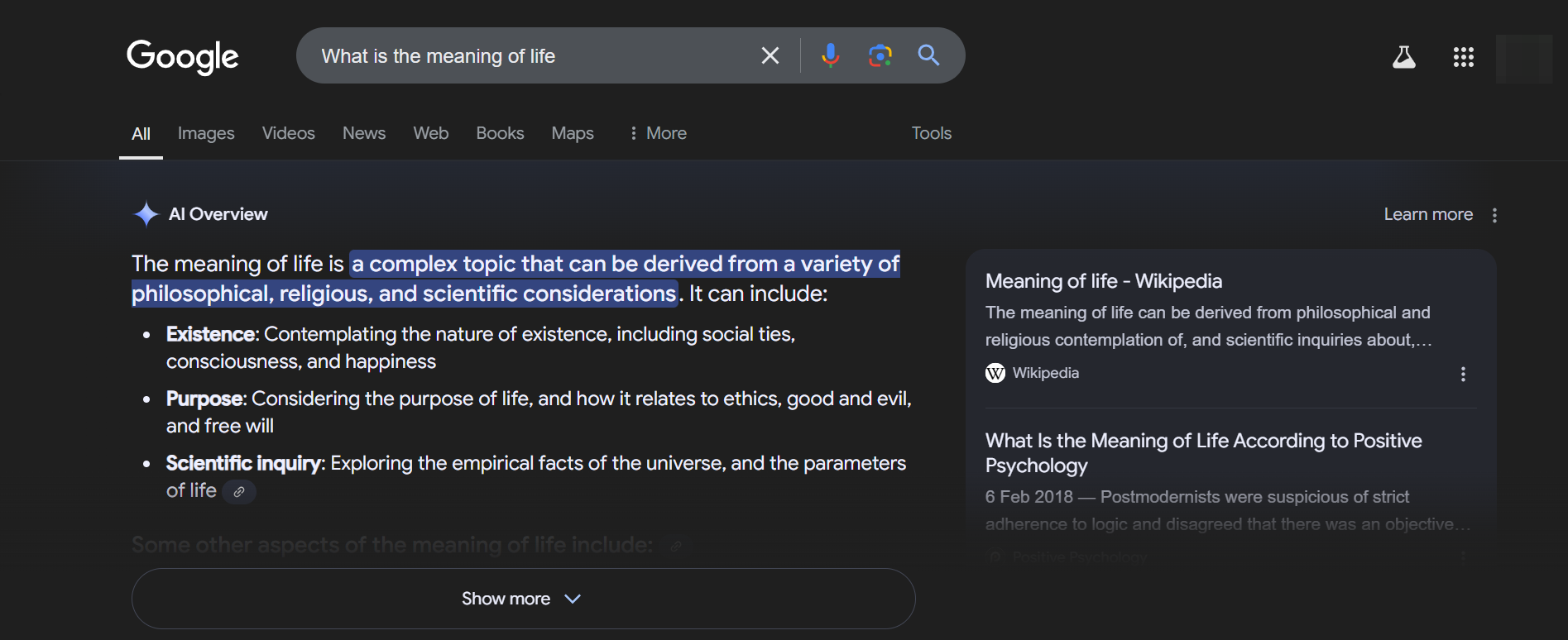Google's AI search summary is now in over 100 countries

After recently unveiling its new AI tool for booking flights and shopping, Google has ramped up its AI initiatives by announcing the global rollout of its AI search summary feature to over 100 countries.
Now, countries like Nigeria, Australia, and South Africa can experience AI-powered searches without switching tabs just to access Gemini.
Originally launched in the U.S. back in May, this feature condenses essential info into a neat, bite-sized package, putting everything right at your fingertips. When you search on Google, the AI scours the internet, compiles relevant data, and links to the sources.

Earlier this month, Google also introduced in-text citations for this AI companion, allowing users to see where each piece of information was gotten.
With this rollout, there are also language updates, allowing users to set the AI summary feature to their preferred language. For example, if you’re in Australia and speak Spanish, you can choose that language along with others like English, Hindi, Indonesian, Japanese, and Portuguese.
While there might be a lot of excitement surrounding this new feature, it’s not the first of its kind. Microsoft launched Bing Copilot in February of last year, designed to help users similarly navigate the internet.

When it debuted, many considered switching from Google, myself included, contributing to Microsoft surpassing 100 million active users, largely attributed to the AI chat feature by Microsoft themselves.
It might have been just a tiny dent in Google's leadership back then, but now, even more, companies are standing up to challenge Google. TikTok recently announced improvements to its search feature and ad revenue, and even Google admits this could impact its bottom line.
Plus, Meta is getting in on the action, planning to launch an AI-powered search engine and teaming up with Reuters to make it happen.
Right now, Statcounter reports show Google still holds a strong 90% share of the search engine market, though that’s a small drop from 91.3% in March. Whether or not this rollout is what Google needs to hold down its position at the top remains to be seen.
